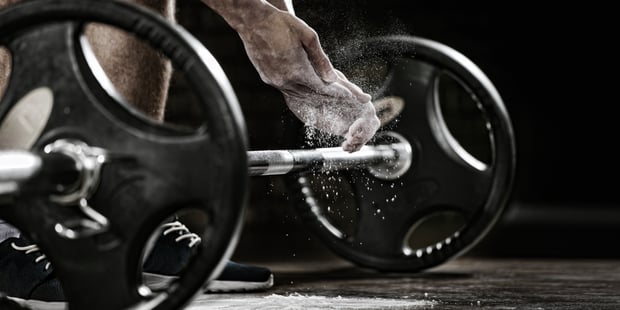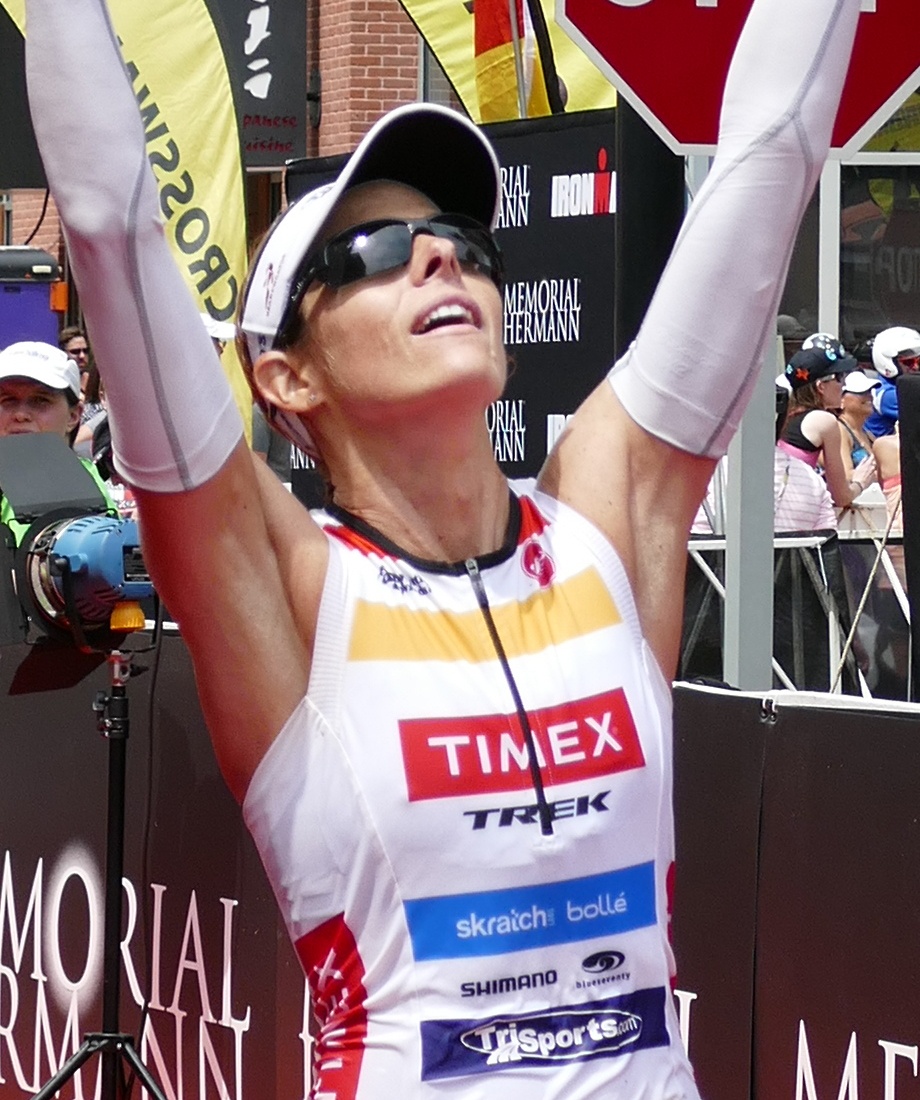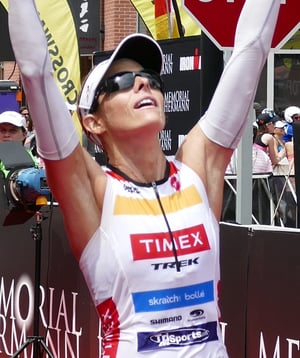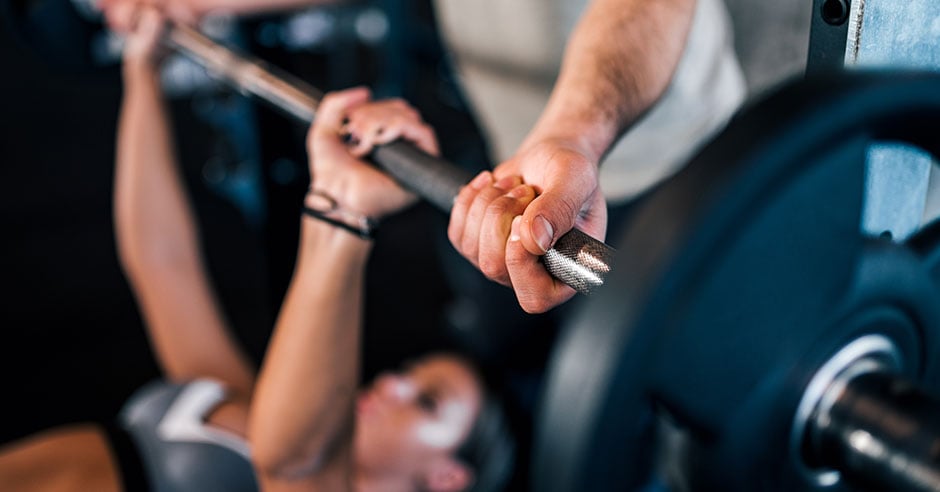
January 1st inspires many athletes to dream big and set goals for the upcoming year. This symbolic “fresh start” gives many the opportunity to reflect on last year’s performance while looking toward the future. In this post, we explore the different types of goals and their effectiveness, as well as provide a few goal-setting tips to help you reach your full potential in the new year.
Three Goal Types
Goal setting is a very powerful tool in athletics, but what are the different types of goals? And how can an athlete utilize these different focuses to help performance?
A goal can often be categorized into one of three types: outcome, performance, and process. Outcome goals relate to winning or losing at a specific event. Reaching this type of goal not only depends on an individual’s performance but also that of his teammates and competitors (i.e. winning a game or a race). Performance goals aim to improve an individual’s performance separate from the performance of others. (i.e. a swimmer wanting to break 1:00 in the 100 Fly). Lastly, process goals aim to better a specific skill used in an athlete’s sport (i.e. a more powerful swing or tackling with proper form). Recognizing these different goal types can be very helpful when establishing a new goal. The different types of goals can be more effective depending on what works best for the individual athlete. Convincing your athletes that they can only control their performance and not that of their competitors often offers an "aha" moment, especially at the youth level.
What to consider when establishing a new goal.
When determining your next athletic endeavor, three aspects that can help guide the process are: goal specificity, goal difficulty, and goal proximity. Goal specificity looks to the importance of a definite goal time or statistic yielding better results than a more generic “do your best” goal. Goal difficulty is important to consider as more difficult goals (yet still realistic) have been seen to produce higher performances. If a goal is too easy, the goal limits capable performance, but if the goal is too lofty this can result in loss of motivation due to constant shortcomings and high expectations. Lastly, utilizing goal proximity (long term vs. short term) can help keep an athlete striving towards his end goal. By combining short-term goals with a long -term dream an athlete can stay motivated by seeing progress and in the end maximizing performance.
Enthusiasm, Inspiration, Passion and Will
“Behind the enthusiasm, behind the inspiration, behind the passion, there must be the will.”
– Dr. George Sheehan
It is easy to talk the talk but actualizing this desire requires enthusiasm, inspiration, passion, and, most importantly, will. Willingness to put yourself outside your comfort zone. Willingness to sacrifice something knowing that it will take you closer to your goal even when success isn’t a sure bet. Willingness to fight over those brick walls, but most importantly willingness to take a moment and remind yourself why it is you love what you are doing.
Share Your Goals
Sharing your goals, even with friends and family, not only keeps you honest and persistent when you hit bumps in the road, but allows you to surround yourself with people who will help you reach your dreams.
Bridge would love to hear your goals for the new year! Share them below with our passionate BridgeAthletic Team and keep yourself honest and supported throughout the year. Wishing you all a happy, healthy and goal achieving New Year!

References:
- Runner’s World Magazine: December 2013. Excerpt from “The Essential Sheehan: A Lifetime of Running Wisdom from the Legendary Dr. George Sheehan” p.94-97
- Robert Weinberg et al. Goal Setting in Competitive Sport: An Exploratory
Investigation of Practices of Collegiate Athletes. The Sport Psychologist, 1993, 7,275-289. Human Kinetics Publishers, Inc.
- http://www.georgesheehan.com/








-1.png)